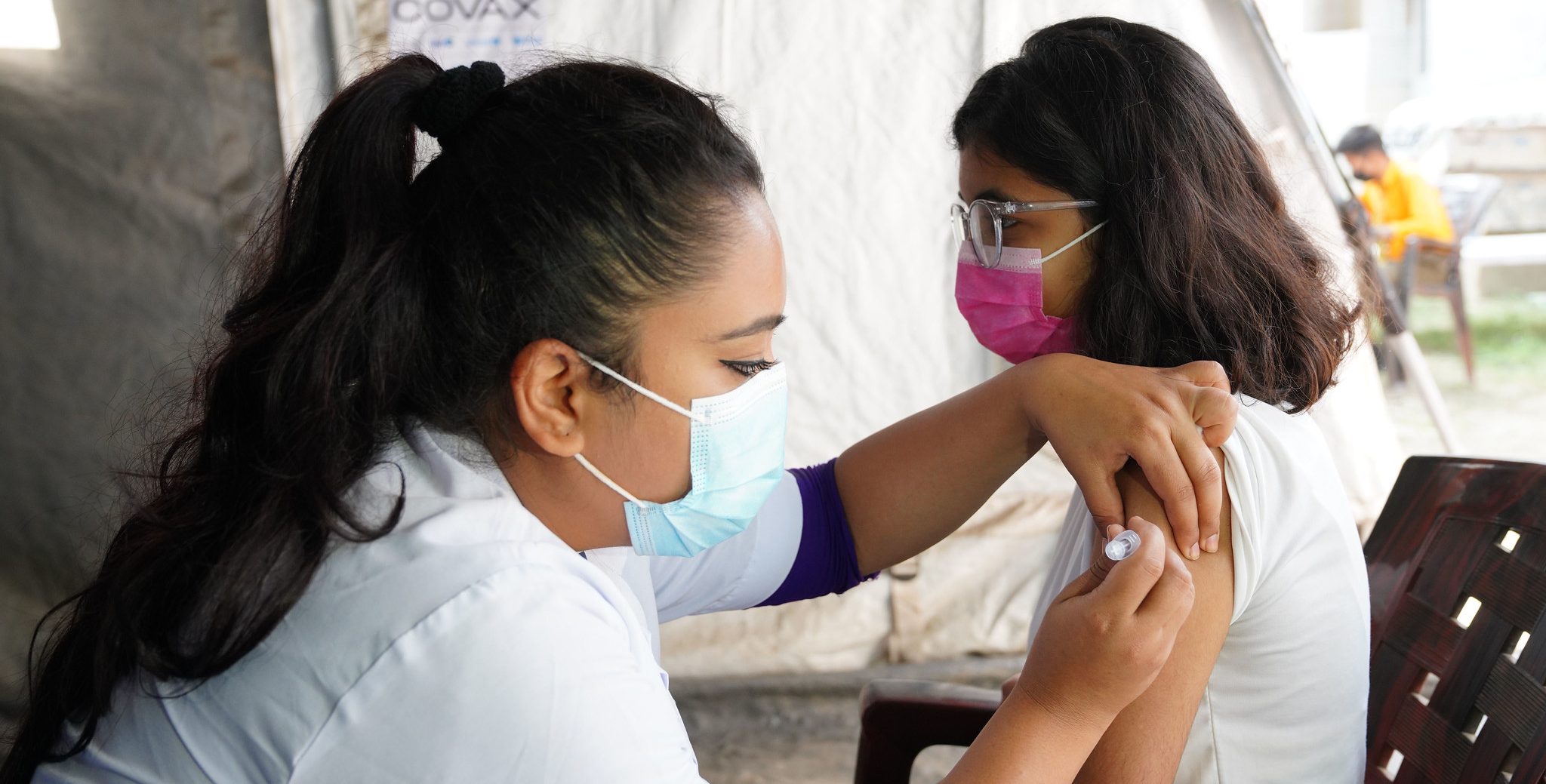
Understanding health system resilience to respond to COVID-19 in a federalised context
This report – Understanding Health System Resilience to Respond to COVID-19 in a Federalised Context – by ReBUILD’s HERD International team presents a case study of health workforce management at the sub-national level in Nepal during the COVID-19 pandemic.
The study explores the health sector policy, preparedness and responses to COVID-19 in the federalised context of Nepal, with a focus on policy provisions and implementation approaches for health workforce management at sub-national level. Despite several and severe constraints – including prolonged working hours with heavy workloads, lack of PPE and risk of contracting COVID-19, a lack of motivation and psychological support, and social stigmatization – the study shows that the health workforce exhibited high morale and continued to deliver health services. Health workers demonstrated their capacity for resilience in the face of adversity. Nevertheless, the pandemic clearly showed that the health system responses have not been sufficient and effective in dealing with the pandemic. More explicit and targeted policies and guidelines are needed to enable clarity in roles and responsibilities at all three tiers of government. Stronger governance and leadership from national and local governments with careful planning and management is required to support and sustain the health workforce during the pandemic.
A presentation on this work can be found here.
Image: Nepal Shot in Arm – A young girl gets a COVID-19 vaccine at a U.S. supported vaccine clinic outside of Nepalgunj Bheri Hospital in Nepal. USAid via Flickr [opens new tab]